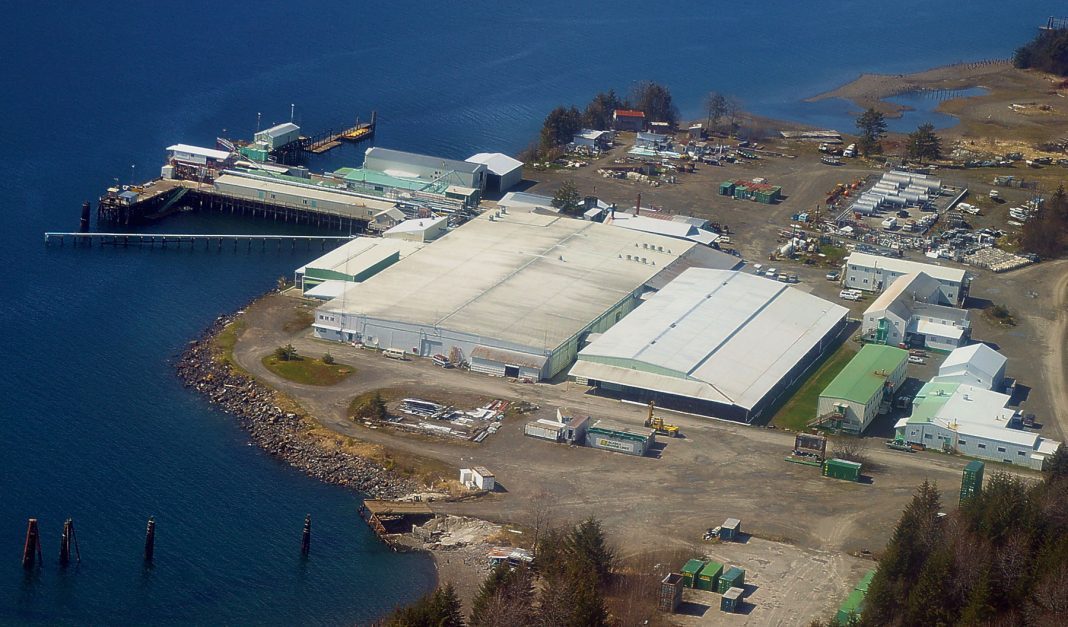

The Ninth Circuit refused to extend the limitation period, ruling that Icicle had no duty to explain the Jones Act to its employees. first consulted a lawyer after the limitation period had expired for filing suit under the Jones Act and the doctrine of unseaworthiness. This practice was challenged when a processor receiving Alaska Comp.


system without advising them that they might be better off choosing maritime remedies. Some fishing companies took advantage of this ‘twilight zone‘ coverage and starting herding injured processors into the Alaska Comp. (and) the employment is the substantial cause of the disability.

Alaska Statutes (A.S.) 23.30.010: employee must establish a causal link between the employment and the. Alaska Comp., by contrast, requires that the medical condition be work related. Maintenance and cure covers any medical condition-even long-festering cancer-that occurs, recurs, first manifests, or is aggravated while the seaman is in the service of the vessel, as long as the seaman did not intentionally conceal the prior illness or injury when applying for the job. The other big difference is the scope of medical conditions covered. For maintenance and cure, on the other hand, the component of ‘unearned wages‘ is paid only to the end of the contracted term of employment, and often not at all-such as when the injured processor keeps working until the end of the fishing trip during which the injury occurred. Those with spotty past earnings (processors are often immigrants, students, and others outside the mainstream workforce) will receive less than $20 per day (the rate of maintenance in contracts of employment with Icicle Seafoods-see infra). Those with high earnings in the past will receive generous benefits. are based on the worker’s earnings history for the two calendar years prior to becoming disabled. One big difference is time-loss compensation. benefits, but the different entitlements are fact-specific and require analysis in each case. The no-fault remedy of maintenance and cure roughly approximates Alaska Comp. Maritime remedies are generally preferable in liability situations, where fault on the part of the employer or vessel owner can be proven. Benefits received under one system must be paid back if duplicative benefits are received under the other system. to maritime remedies, but they can’t double-dip. The choice is not irrevocable and processors can switch from Alaska Comp.
ICYCLE SEAFOODS TRIAL
Processors who suffer illness or injury aboard fish factory barges and ships now have a choice of either Alaska Workers’ Compensation on the one hand, or, on the other, the Jones Act-with right to trial and general maritime law remedies of unseaworthiness, maintenance and cure. (T)he “twilight zone” doctrine allows concurrent jurisdiction of state and federal workers’ compensation statutes for workers injured while engaged in “maritime but local” employment. Thus was created a “twilight zone” of dual coverage, because these workers were “seamen” in the eyes of the law and already entitled to maritime remedies for illness and injury. In 1988 the Alaska Legislature extended workers’ compensation coverage to fish processors on factory vessels operating close to shore in Alaska waters. Injury benefits under the Jones Act and the general maritime law, and under state-based systems of workers’ compensation, are mutually exclusive for the most part.


 0 kommentar(er)
0 kommentar(er)
